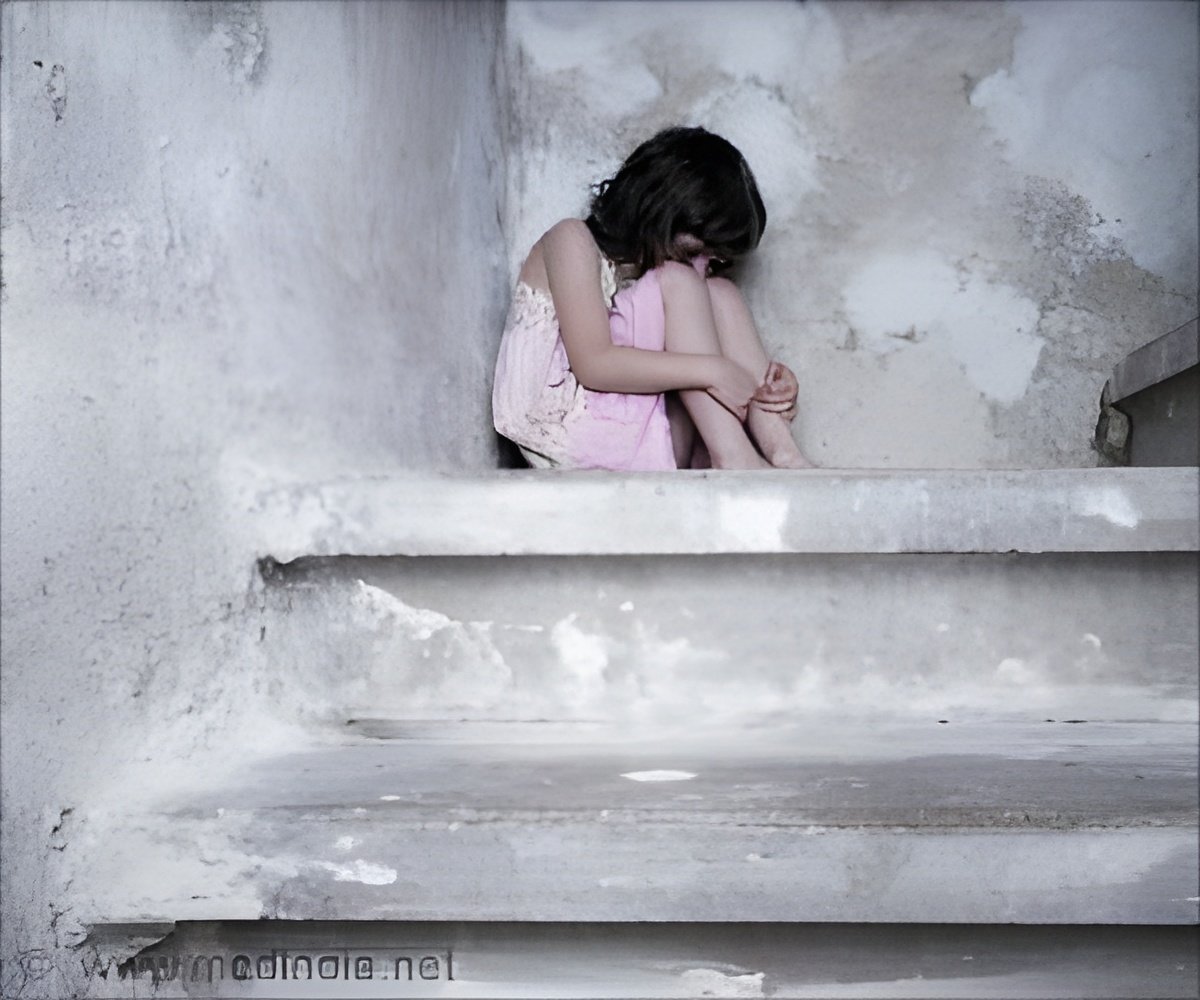Data indicates that in 2007 nearly two million children in the United States had at least one parent serving in the military.

A new study from researchers at the University of Washington (UW) concludes that parental military deployment is associated with impaired well-being among adolescents, especially adolescent boys. The study, "Adolescent well-being in Washington state military families," was published online in the American Journal of Public Health.
Lead author Sarah C. Reed, who has a master's degree from the UW School of Public Health, said the findings show that it is time to focus more on the children that are left behind in times of war. "There is a lot of research about veterans and active-duty soldiers, and how they cope or struggle when they return from a deployment," said Reed. "Those studies hit the tip of the iceberg of how families are coping and how their children are doing."
Adolescents are uniquely vulnerable to adverse health effects from parental military deployment. Healthy development, including identifying a sense of self and separation from family, can be interrupted during parents' active military service.
Media exposure and the developmental ability to understand the consequences of war may further disrupt adolescents' adjustment and coping. Teens may also have additional responsibilities at home after a parent's deployment, researchers said.
UW researchers used data from the Washington state 2008 Healthy Youth Survey, administered to more than 10,000 adolescents in 8th, 10th- and 12th grade classrooms. Female 8th graders with parents deployed to combat appear to be at risk of depression and thoughts of suicide, while male counterparts in all grades are at increased risk of impaired well-being in all of the areas examined (low quality of life, binge drinking, drug use and low academic achievement).
Advertisement
Reed said that implementing or strengthening school-based programs that target affected adolescents would be a good starting point. Research and support programs also need to be beefed up, based on the research team's analysis. "There seem to be a lot of programs available but they are scattered and hard to navigate," said Reed. "In Washington state, schools have support programs, but they appear to be disconnected. There's a lot of energy in terms of people who would like to help, but a more cohesive effort in reaching out to adolescents and providing services is important."
Advertisement
Source-Eurekalert








